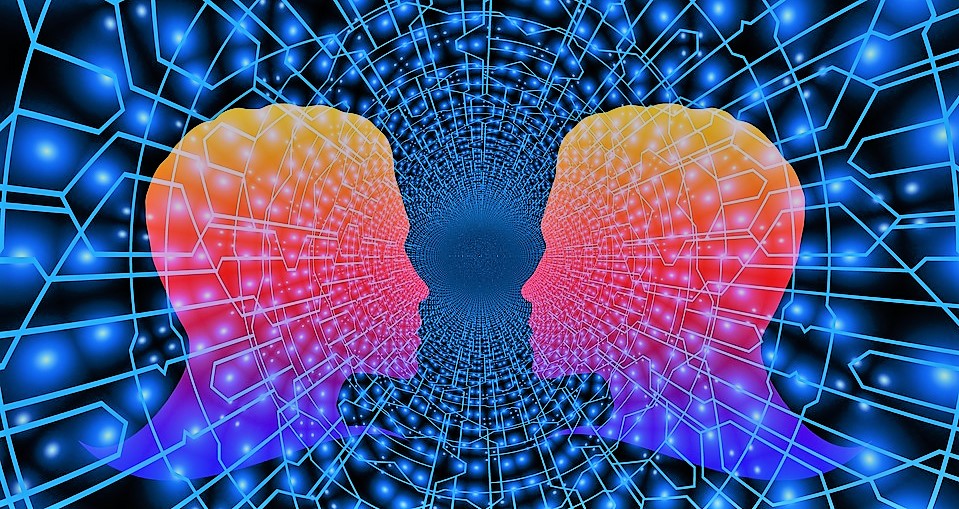Where does India stand in the Artificial Intelligence race?

- Country:
- India
Technology, more so Information and communication technology (ICT), has a major role to play in the socio-economic development in the country, particularly the move towards achieving Sustainable Development Goals (SDGs), by enabling its citizens and narrowing down the rural-urban divide. Over the past few years, the ICT scenario has drastically changed, evolving from a simple transmission path for information into a seamless platform for a number of personal, professional and social uses.
In recent years, Artificial Intelligence (AI) has been advancing at an exponential pace. AI is the new source of growth and innovation for the economy and humans as well. From facial recognition to autonomous cars, artificial intelligence has transformed the world in a way, like never before. AI is bringing up a new era of automation and enhanced customer experience, by enhancing the performance and efficiency of communication networks. The future will see large parts of our lives influenced by this emerging technology.
Where does India stand in the AI race?
India ranks third globally in terms of high-quality research publications in artificial intelligence (AI) but is at a significant distance from world leaders like China and the United States, 'The Hindu' reported in January 2019. The analysis done by research agency Itihaasa, which was founded by Kris Gopalakrishnan, former CEO and co-founder of Infosys, was an attempt at mapping the state of AI-based research in India, the report said.
According to the report, the Indian Institute of Information Technology and the Indian Institute of Technology are the key centres in AI technology. The report authors interviewed 25 AI researchers across the country, who said that as of now “…there was adequate support and funding from the government and industry for AI research.”
Right to privacy
With the advent of AI, big data analysis and biometric technologies that rely highly on huge volumes of data, the chances of data loss have been increased to a greater extent. A majority of companies have started using AI to make digital devices even smarter. But on the contrary, AI poses a significant threat to user privacy and security, since they accumulate a lot of information about the user.
The Supreme Court, on 24 August 2017, upheld the Right to Privacy as one protected by Article 21 of the Constitution of India. The ruling was the outcome of a petition challenging the constitutional validity of Aadhaar, the world's largest biometric ID system. The judgement reads that personal liberty is not an absolute right but liable to the restrictions provided in the Constitution which will be examined on a case to case basis.
"When we are talking about whether we are ready to get into this whole artificial intelligence (AI) journey. I think we are ready and we are looking at it and going there in stages. I think the first stage is where the Supreme Court has said that privacy is a fundamental right (and) that should be kept in mind," Ministry of Electronics and IT (Meity) Joint Secretary Gopalakrishnan S said at a FICCI event here on Wednesday.
Internet companies use AI technology to analyse personal data of people connected online and push products before them that they may buy. "Privacy is basic. Whatever is happening so far without any concerns for privacy. Very soon a law around protection of personal data will be in place to protect the privacy of people which will soon be much more vulnerable with the deployment of a large number of sensors within the house and outside," the Meity joint secretary added.










